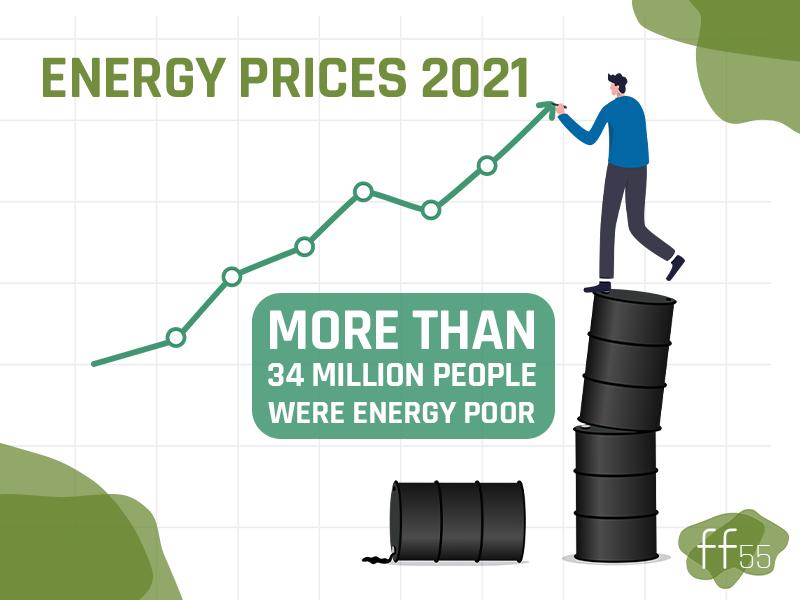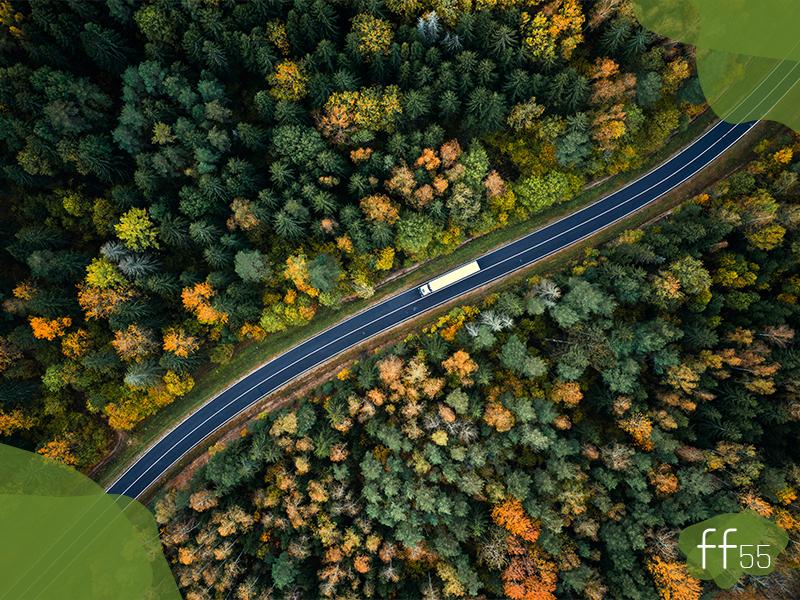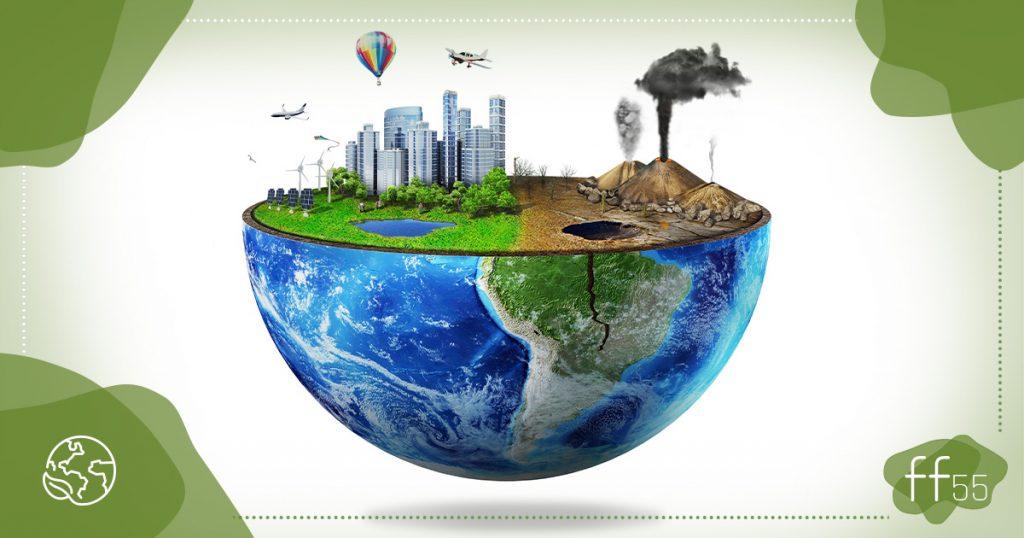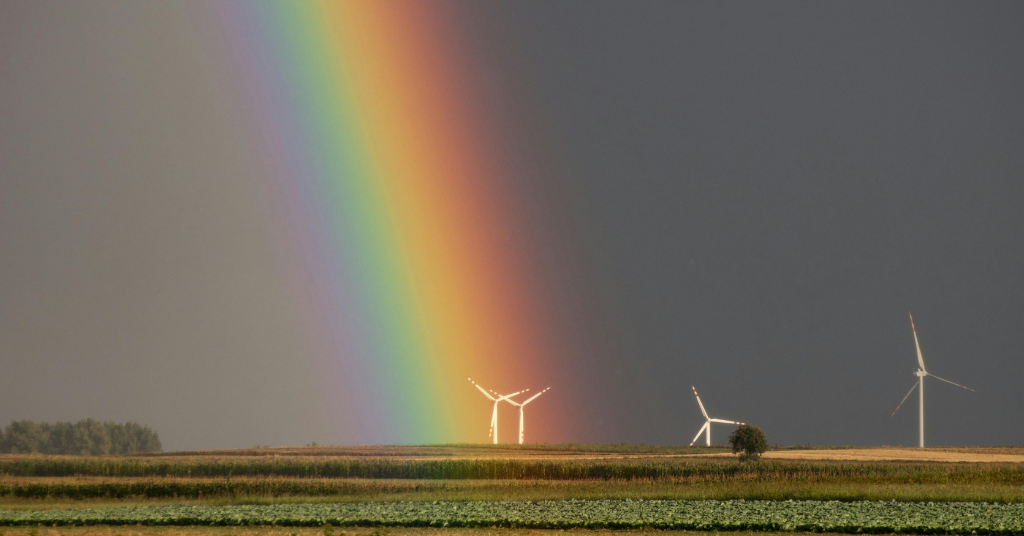With the social climate fund, you hopefully can.
The fund supports those people and businesses financially, who appear to be the most impacted by the new emissions trading system for buildings and road transport, so it can help tackle energy poverty and improve access to green transport within the EU.
What is energy poverty?
There’s no common Eurpean definition, but many EU countries use the term and similar ones, such as “fuel poor” for this socio-economic situation along with its impact, i.e. several health issues and/or social isolation. The expression was coined in the UK in 1981: “a household is said to be fuel poor if it needs to spend more than 10% of its income on fuel to maintain an adequate level of warmth.”
Before the spike in energy prices that started in 2021 it was estimated that more than 34 million people were energy poor. This figure is definitely much higher since then and, despite the news of procuring gas from sources like Azerbaijan, the rising number may cause great concern again this coming winter.

How will people in need get the fund?
The first step is creating a ‘carbon price’. It’s basically the value of fossil fuels for road transport and heating.
Depending on their emission levels, companies that sell fuels will buy allowances at this price. The revenues of these allowances will then go into the social climate fund, where it will be used for increasing the energy efficiency of buildings (including renovation) and the decarbonisation of heating and cooling. A second batch of the revenue will help zero- and low-emission mobility and transport, whilst there will be a limited and temporary direct income support for the ones in need: vulnerable households, micro-enterprises and transport users.





